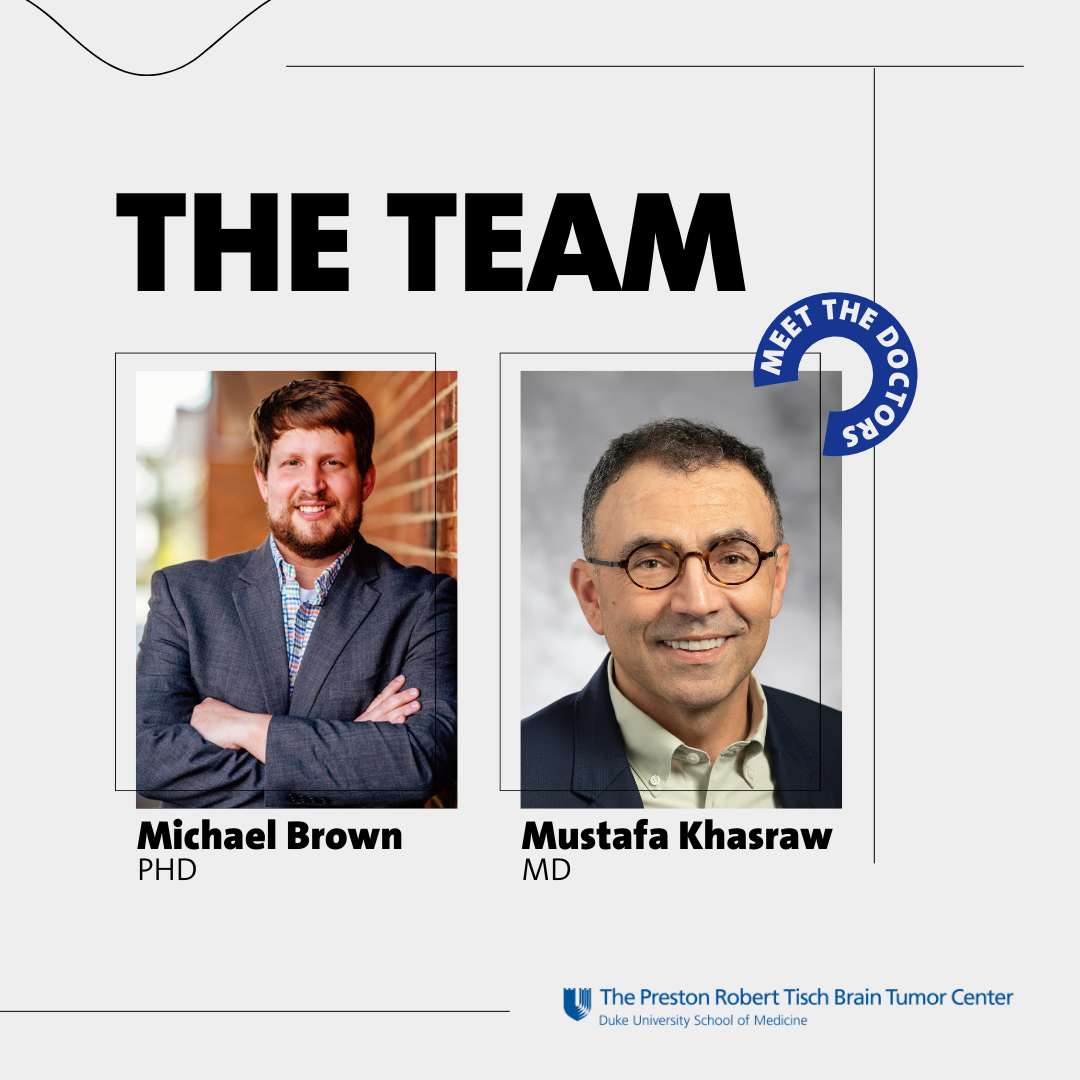Q&A: The MOAB Trial – Now Enrolling. Click to learn more!

What is the purpose of the MOAB trial?
We are studying a drug called atezolizumab to see if it can help people with glioblastoma (a type of brain cancer) live longer. We also want to check if this drug increases immune cells that can fight cancer and look for signs that show which patients might benefit most from this treatment.
Why are we studying atezolizumab?
Atezolizumab is a drug that helps the immune system attack cancer cells. It is already approved for treating lung cancer. This drug makes cancer cells easier for the immune system to find and destroy.
What is 'neoadjuvant therapy'?
Neoadjuvant therapy means giving the cancer treatment (atezolizumab in this case) before surgery to remove the tumor. This helps us see how well the treatment works on the tumor before it's taken out.
What is tumor mutational burden (TMB)?
TMB is the number of changes (mutations) in the DNA of cancer cells. Some cancers have lots of mutations (high TMB) and some have few (low TMB). High TMB cancers often respond better to certain treatments.
Why is TMB important in this trial?
We are looking at TMB to see if it helps predict which patients will respond well to atezolizumab. High TMB cancers might respond better, but this isn’t always true for glioblastomas.
How is TMB measured?
TMB is measured by analyzing tumor samples from surgeries or biopsies. This helps us see if there is a link between TMB and how well the treatment works.
What happens to a participant in this trial?
-
They agree to join the trial.
-
They get their first dose of atezolizumab through an IV.
-
They have surgery to remove or biopsy the tumor.
-
After recovering, they continue getting atezolizumab every three weeks as long as it helps and doesn't cause bad side effects.
What do we hope to learn from the MOAB trial?
We hope to show that some patients live longer with this treatment. We also want to find markers that predict which patients will benefit from the treatment.
What are the risks of taking atezolizumab?
Since atezolizumab boosts the immune system, it can cause side effects like arthritis, diarrhea, and problems with the thyroid or skin.
How will we analyze the trial data?
We will follow a specific plan to understand the impact of the treatment on patients' survival. We will also analyze the tumor and blood samples to link these results with clinical information.
How is this trial different from previous research?
This trial allows us to study the treated tumor samples before surgery, giving us a better understanding of how the treatment affects glioblastoma. This can help identify which patients will benefit most from this treatment in the future.